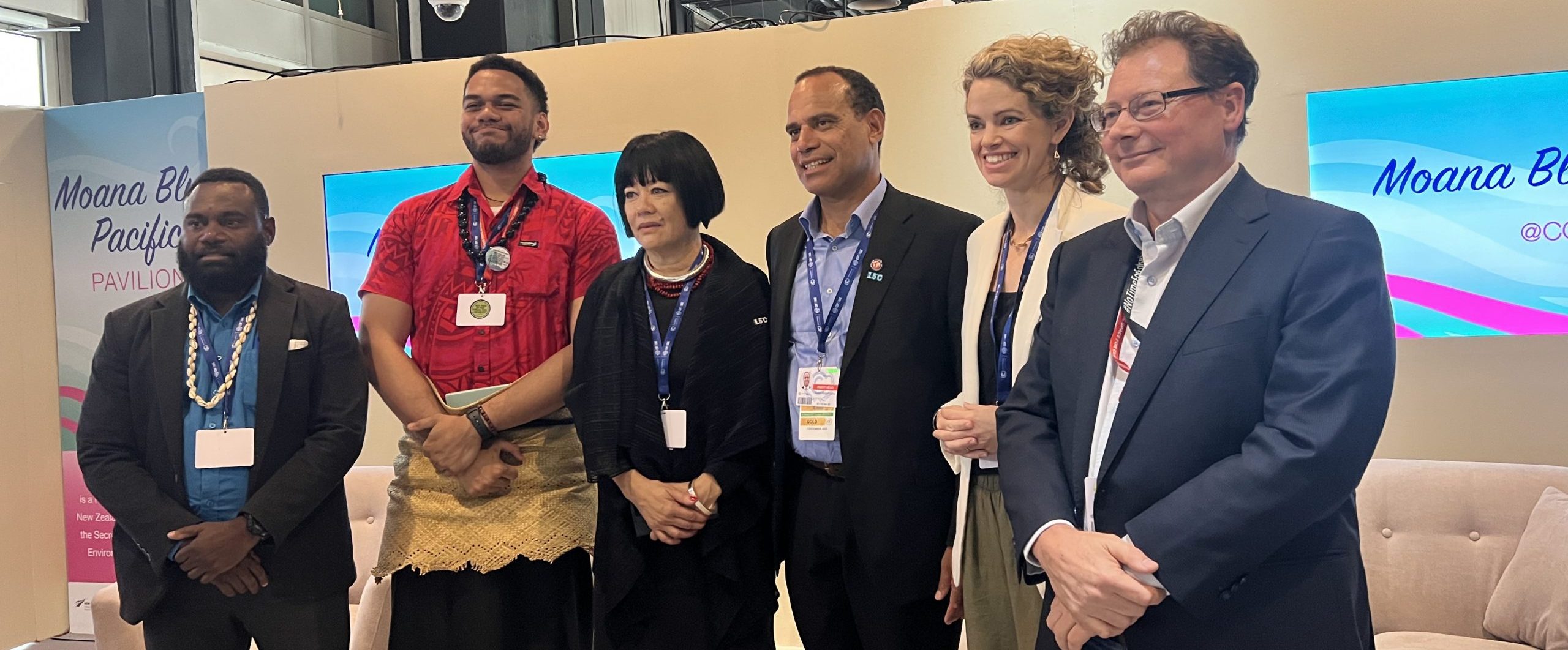Pacific Island negotiators at COP28 face the challenge of quantifying the economic and non-economic costs human displacement due to a lack of systematic data collection.
But Lorenzo Guadagno, the Project Coordinator for the Platform on Disaster Displacement, believes the solution lies in amplifying community voices within the negotiation room.
“The loss and damages that are linked with moving, especially the non-economic impact, are only really known to the people there,” he says.
“Having those perspectives is more fundamental in the negotiation than it has ever been before,” he told Islands Business in Dubai.
Guadagno says that solutions and what can be replaced, compensated for, and coping strategies for irreparable losses, must also come from the affected communities.
According to Internal Displacement in the Pacific report between 2008 and 2018, more than 616,000 new displacements were recorded in 17 Pacific countries and 97 disaster events triggering displacement were recorded.
Pacific Island Climate Action Network (PICAN), Regional Director, Lavetanalagi Seru says, “I can’t even comprehend the scale of what our communities are dealing with on a day-to-day basis. We saw that even with the recent cyclone, there have been food shortages in Vanuatu, and even in Fiji [where] we saw flooding; well-being is being impacted, livelihoods are being impacted, people have to travel longer distance now to get food, whether it is the ocean or where they farm due to seawater intrusion and low atoll islands like Tuvalu, Kiribati and Marshalls are under threat from sea-level rise.”
In Dubai, it is clear that most developing countries consider an informal note to capture all views is seen as inappropriate. Still, civil society representatives in Dubai and the Pacific continue to document Pacific experiences.
Campaigner for Pacific Islands Students Fighting Climate Change, Siosiua Veikune, says this Is part of their strategy as they push for an advisory opinion from the International Court of Justice (ICJ).
“There are two concepts that have always remained at the core of our campaign, and they are human rights and intergenerational equity, and with the human rights perspective we are literally putting the people at the core of the solution,” Veikune says.
“We are spearheading a few initiatives to assist us with this goal. One is the use of climate stories in the state submissions, and the intention for these witness statements is a much-needed context that will anchor both the legal arguments and the scientific evidence,” he adds.
Meanwhile, Pacific Islands as part of the Alliance of Small Island States (AOSIS) are disappointed at the lack of urgency for unlocking solutions to keep the 1.5°C target within reach.
They are also concerned that there is no mention of fossil fuel phaseout and phaseout of inefficient subsidies in a note attached to the mitigation workplan at the COP negotiations.
On behalf of AOSIS, Belize submitted that “the text at the moment does not send the signal to investors or private sector what would be needed for a 1.5 trajectory with no overshoot, it must reflect substance and not just process and strengthen to reflect science and urgency.”
